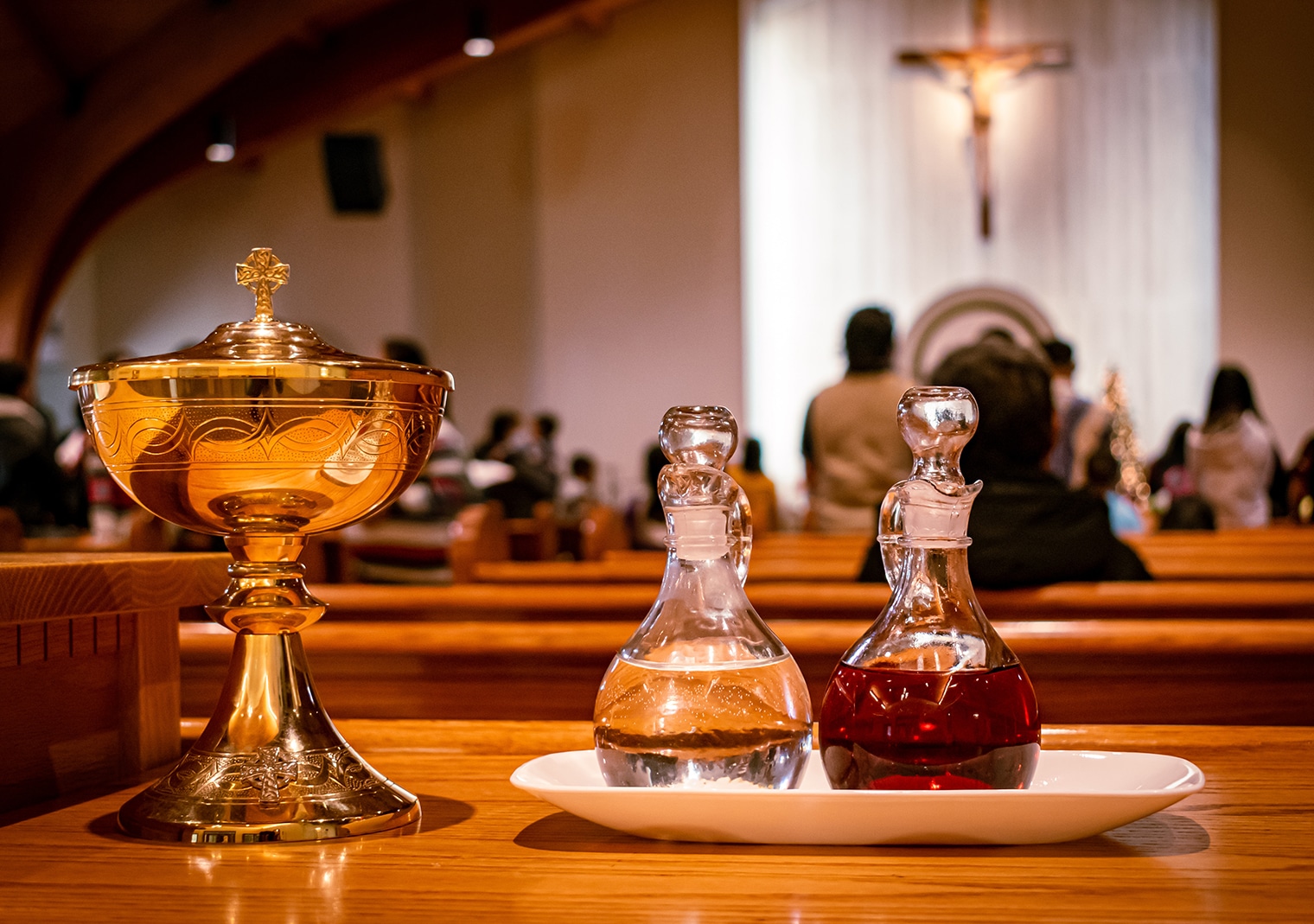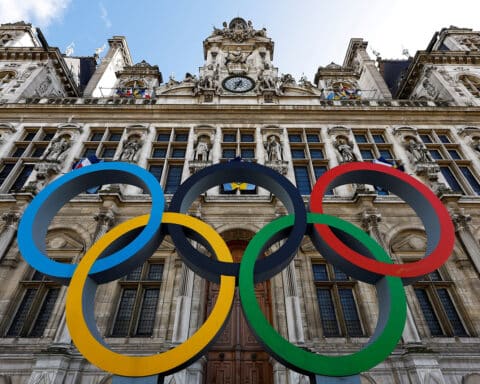(OSV News) A well-known quote from St. John Chrysostom appears in the Catechism of the Catholic Church (No. 1397): “You have tasted the Blood of the Lord, yet you do not recognize your brother … You dishonor this table when you do not judge worthy of sharing your food someone judged worthy to take part in this meal … God freed you from all your sins and invited you here, but you have not become more merciful.”
The quote is often used to encourage readers to remember the poor. But when my eyes fell upon it recently, I was struck with its relevance in another area — namely, unity among the Body of Christ.
When the church speaks of the need for unity, we typically gravitate to the important work of ecumenism, which focuses on unity across Christian churches, communities and denominations. But, most regrettably, the need for unity has become an increasing and acute concern within our own fold.
We can’t be completely surprised, I suppose. Sin’s clutch on us works toward this goal. Our literal saving grace is the Eucharist, girded with holiness and virtue. The sacrament of unity ought to be the tie that binds — the golden thread of Catholic faith.
Unity vs. public debates
Yet, in recent years, the Eucharist has become a locus for public debates, even among bishops. Whether or not public figures who openly dissent from church teaching should receive Communion constitutes continual, never-ending debate among Catholics, as those on social media know well. There is even disagreement on Eucharistic adoration and the undertaking of a National Eucharistic Congress. The Eucharistic controversies of the Middle Ages, once studied by graduate theology students examining the historical development of Eucharistic practice, have been reopened in our time.
And it’s the line from St. John Chrysostom with which we began that lodges itself in my mind when I ponder the “new liturgy wars” and Eucharistic controversies of our own age. It should be a prick to the conscience, especially for anyone entering into the fray of dialogue, or even debate, on the Eucharist and its liturgy.
A framework from St. John Chrysostom for the Eucharist
It seems to me Chrysostom’s wisdom might provide some principles by which our discussions on the Eucharist might be framed.
First, we should remember that our interlocutors are our brothers and sisters in Christ. And that bond originates in the very Blood of Christ itself, the blood poured out to set us free and set us on the path to heaven.
Second, we cannot neglect the fact that it is Christ who judges us worthy, not each other. Now, that does not mean that divine law and ecclesiastical governance are to be ignored, for they are not an extension of ourselves but of the power God gave the church. But it does mean we must be on guard to avoid conduct that dishonors the table to which we have been invited, or the sacrificial meal we share.
Third, we should remember that the Eucharist is a gift Christ gave us to effect our unity. It embodies his mercy by which we have been made citizens of his kingdom. May the image of Eucharist as the heavenly banquet remind us that we all have the same end and goal in mind: That at the end of our union of life with Christ crucified, when our sacrifice is made complete at the close of our days, we hope that each of us will be seated at the eternal banquet, side by side.
Our ideas, beliefs and attitudes about the Eucharist as celebrated here and now ought to be a manifestation of just that.





